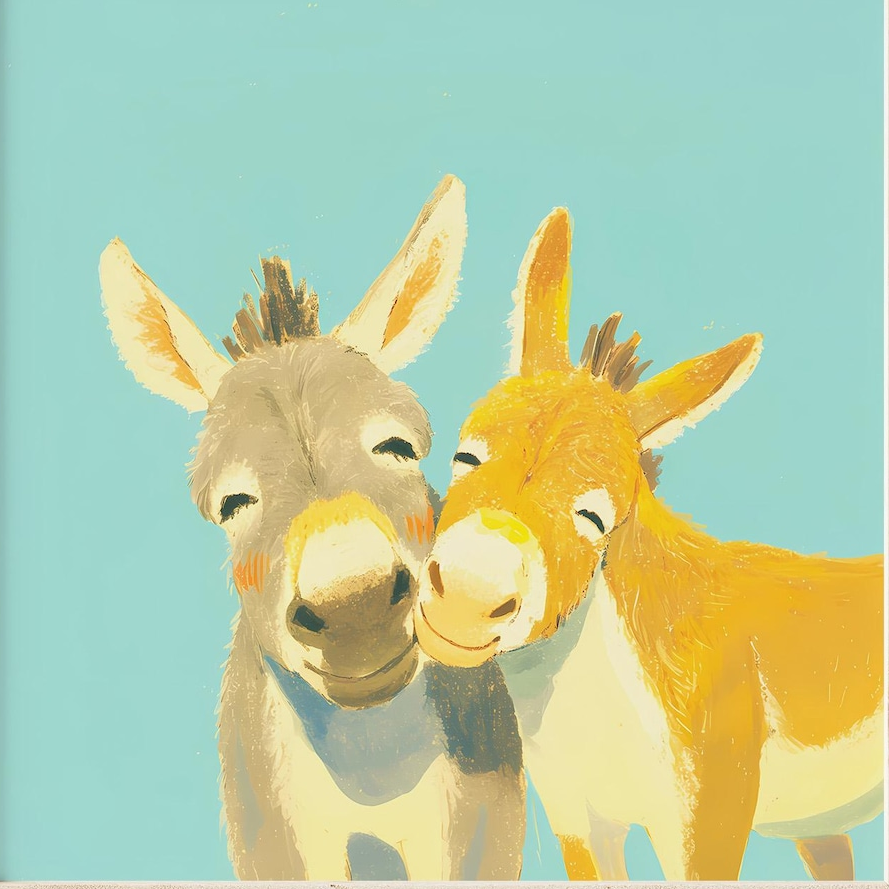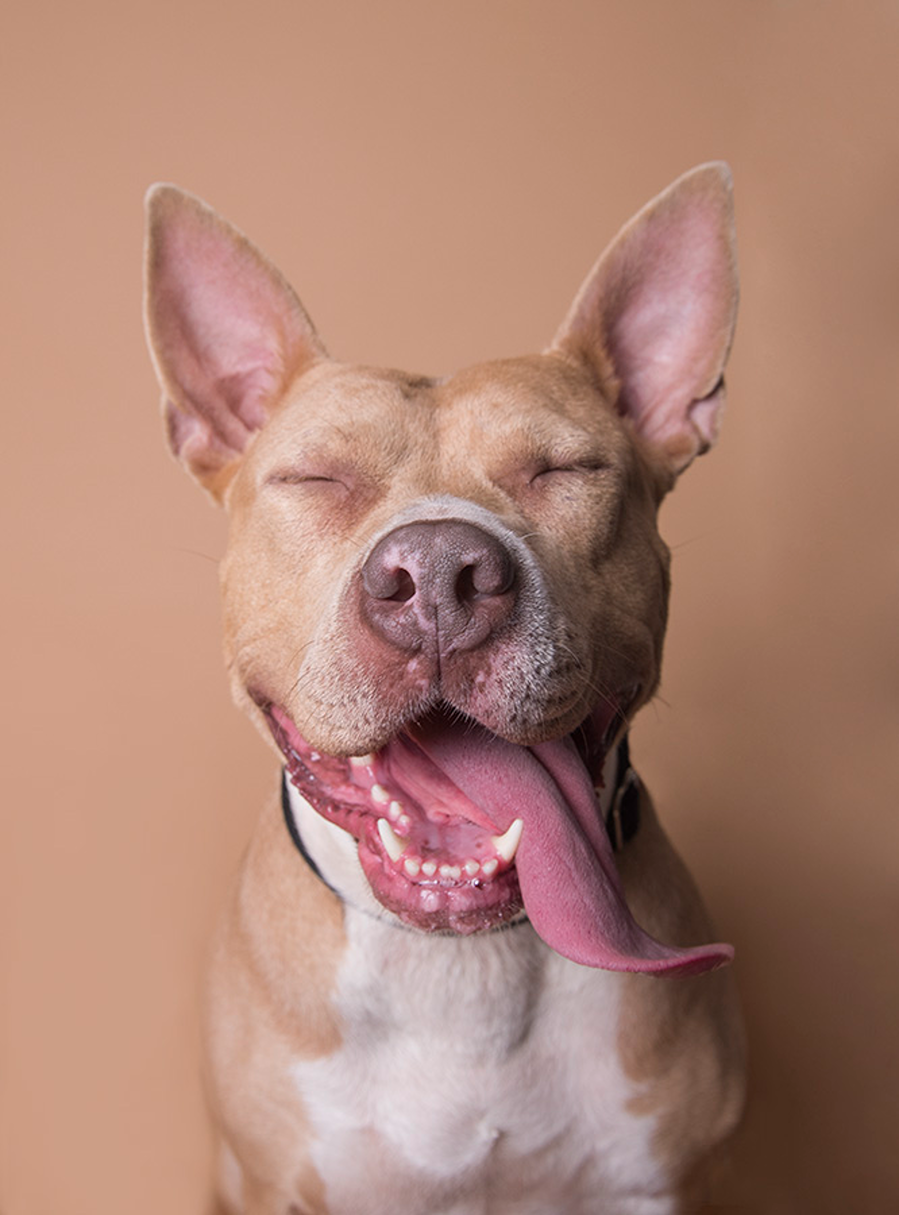How to Help England’s Donkey Sanctuaries!

Donkeys are very meek (although stubborn) and very strong animals. So unfortunately they are often some of the most abused creatures on the planet. Especially abroad, where they are often used as ‘transport’ in countries often afflicted by war (they are also used to transport gold from mines, a reason to choose recycled metal jewellery).
Moving On from Beach Donkey Rides
It’s less popular these days, but donkey rides are (like horse carriages and Punch & Judy shows) gradually disappearing, in a better age of animal welfare. There are welfare checks (overseen by The Donkey Sanctuary) on remaining donkey rides on English beaches.
This was brought into place, due to needing strict riding weights, due to heavier children. But it will remains a boring life for sociable donkeys, who no doubt would prefer to be living in open fields, with their own kind.
It’s now the law that all donkeys on beaches in England, must have fresh water and shade. Only a few years ago, a petition to ban all UK donkey rides gained 100,000 signatures.
In a northern seaside town recently, some parents were in uproar, when the local man giving donkey rides, demanded to weight children, before letting them ride his animals. He was however inundated with support from the public, for trying to ensure good welfare for his donkeys.
Good Charities that Help Donkeys Worldwide

The Donkey Sanctuary donates nearly every penny to donkey welfare at home and abroad. The charity was set up by Dr Elizabeth Svendson, after she discovered donkeys in appalling conditions at an Exeter market.
It has a state-of-the-art hospital and beautiful sanctuaries nationwide, and has already helped to ban donkey slaughter in parts of Africa (the skins used for the ‘medicine trade’).
You can report of a donkey in need or donkey concerns, and their dedicated team of experts and volunteers will kick into action.
- Sign up as your chosen charity at easyfundraising. Then each time you buy a product or service, retailers donate a portion of sales on your behalf, at no cost to you. It does not affect loyalty points.
- Donate (you can donate anonymously if preferred by opening an account at Charities Aid Foundation (add Gift Aid, if you’re a taxpayer).
- If you play lotteries, switch to the Donkey Lottery, a weekly £1 draw where you can win up to £1000. There are 33 cash prizes each week (let them know if you don’t want your name appearing on the winner’s list).
- Buy a jute shopping bag, which helps the planet, and profits fund helping donkeys.
Isle of Wight Donkey Sanctuary rescues animals from England and abroad, and is set in 55 acres with walking trails (it also rescues mules and ponies, and educates on donkey welfare).
Residents have been rescued from donkey beach rides to turning water wheels, others simply due to guardians becoming ill or losing their land.
- Rescuing each donkey costs around £1000, so again sign up as your chosen charity at easyfundraising, then anytime you buy at shops or services, a portion of the price goes to them, at no cost to you. Again you can donate anonymously through Charities Aid Foundation.
- Switch lottery tickets to Isle of Wight Donkey Sanctuary Lotto. It’s £1 a ticket, with 60% of sales benefiting them (there’s a 1 in 50 change to win, the top weekly prize is £25,000).
- Hedgerow Gin uses herbs, fruits and berries from local hedgerows, with profits supporting the sanctuary. Wildheart Sanctuary Gin also benefits a local animal sanctuary.
Check medication, before consuming grapefruit gin. Choose soda water (over tonic water) for some medical conditions (check paper inserts). Recycle corks at off licenses, or send off in bulk to Recorked.
Other Ways to Help Donkey Sanctuaries

- Most sanctuaries appreciate a purchase of MudControl slabs, the premier brand used by farmers and equestrians, to turn muddy dangerous land into safe places to pass through, or eat hay. They are used with sand for easy installation.
- Enter the words ‘donkey sanctuary’ at Find That Charity, to bring up a list of registered donkey sanctuaries. You can volunteer locally, adding the county name to your search request.
- All donkey sanctuaries welcome trained volunteers, and others who an help with cleaning, feeding animals and building shelters.
Actor John Nettles is passionate about donkeys (and horses – he supports Mare and Foal Sanctuary, which offers lifelong sanctuary for equines and welfare advice). He even helped to rescue a donkey from Ireland, who now happily lives with a new donkey friend!
Helping Working Donkeys Abroad
- The Donkey Care Handbook (also in Chinese) educates communities on good donkey care, and works to stop millions of donkeys being killed for their skins for ‘eastern medicine’.
- SPANA provides free vet care and help for natural disasters (report concerns). Donations fund volunteer vets for ‘draught animals’.
- Animal Aid Abroad helps working horses, donkeys (and camels).
- Brooke helps working horses, donkeys and mules (report concerns if on holiday). Its book Sharing the Load (download in several languages) educates communities on helping draught animals.
- Safe Haven for Donkeys (raise funds by donating scrap cars and Lucy’s UK Donkey Foundation helps donkeys in the Middle East.
- The Donkey Haven Charity helps donkeys use for meat and tourism (report concerns, they have adoptive homes if needed).
Helping Donkeys in Tanzania
SPANA is helping donkeys in flooded areas. There are many ways to help:
- Sending unwanted (including broken) jewellery and watches, along with UK or foreign bank notes and coins, unwanted mobile phones, cameras, stamps (leave a 1cm surround to preserve the perforations)) and electronic gadgets. Again you can donate scrap cars, to sell scrap metal.
- Choose SPANA as your cause at easyfundraising. Then again when you shop at participating businesses, a portion of the price goes to them, and it won’t cost you a penny. If you prefer to give anonymously, just tick the box at Charities Aid Foundation.
- IAPWA (easyfundraising) is another charity active in Tanzania.






